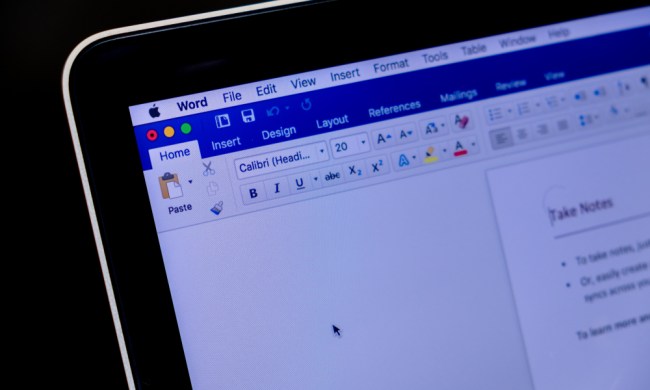
Technology giant Microsoft looks to be getting serious about making phones and other portable devices that can successfully compete with things like Apple’s iPad and iPhone: the company has just signed a major licensing deal with ARM Holdings that significantly extends the ways Microsoft can use ARM technology: for instance, now the company is free to develop its own microarchitecture based on ARM technology.
Financial terms of the deal were not disclosed.
“Microsoft is an important member of the ARM ecosystem, and has been for many years,” said ARM CTO Mike Muller, in a statement. “With this architecture license, Microsoft will be at the forefront of applying and working with ARM technology in concert with a broad range of businesses addressing multiple application areas.”
Microsoft and ARM have worked together since the late 1990s, and Microsoft’s develops Windows Embedded and forthcoming Windows Phone architectures both target ARM architecture. ARM offers a number of technology licenses, including licenses for specific processor implementations as well as full-bore architecture licenses. Microsoft is paying for the latter, which puts it in a small group of major companies like Qualcomm, Marvell, and Infineon. Apple’s A4 chip—which runs the iPhone 4 and iPad—is based on the Cortex-8 ARM processor architecture, with a PowerVR graphics controller.
Microsoft has not announced how it plans to use its ARM license, with Microsoft general manager KD Hallman saying only that the license will enable Microsoft to enhance its ARM-based research and development. Of course, speculation turns immediately to Windows Phone implementations, but so far Microsoft’s Windows Phone partners are all long-time OEMs like Asus, Dell, Acer, LG, and Samsung. Microsoft might also be eyeing the ARM processor architecture for follow-ons to its Zune platform, or other as-yet-unannounced devices aimed at the consumer electronics or gaming markets.


